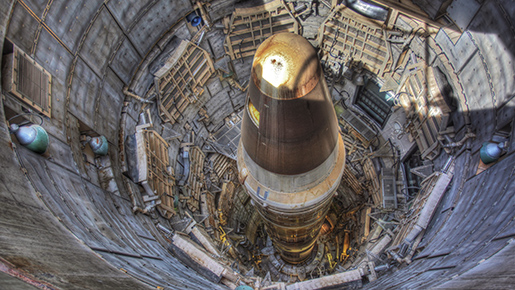Much like 9/11 decades later, the development of nuclear weapons served as a pretext for secrecy in government. In his 2010 book Bomb Power: The Modern Presidency and the National Security State (Penguin Books), Gary Wills, according to the back cover, “argues that the secrecy surrounding the Manhattan Project became a model for the covert operations and overt authority that have defined American government in the nuclear era, culminating with the usurpations of George W. Bush.” In fact, the development of nuclear weapons by the United States covered a multitude of sins. Wills writes:
Foreign governments that granted us territory and protection were to be supported, even if they were not very good at recognizing the rights of their citizens. Thus began a long history of friendly relations with dictators. Obtaining and securely maintaining our bases was considered more important than the moral legitimacy of the regimes granting us such access.
Wills’s eye for irony is nothing if not keen.
Being the champion of “the free world” meant maintaining nuclear superiority, not actually advancing freedom in the countries that cooperated with us.
He continues in the same dispiriting vein: “Later we would need similar access to ports for our nuclear subs, and launch sites for our intermediate missiles.” In fact:
Our anxiety over nations “going Communist” was in large part prompted by a fear that this would shrink the area for such bases.
Equally as troubling:
It was not enough to secure the actual bases themselves, their equipment, and their personnel — the politics of the host countries would have to be continually checked, to make sure our secrets as well as our weapons were safe. This meant spying on other countries, propping up those that gave us what we needed, and undermining those that did not.
Just as nuclear weapons formed the foundation of deterrence, they undergirded imperialism itself.

